India on Wednesday launched a major attack on terror hubs in Pakistan and Pakistan-occupied Kashmir.
‘Operation Sindoor’ involved all three branches of the Indian military – the Indian Army, Indian Navy and the Indian Air Force.
The strikes themselves, on nearly terror bases in nine locations, were carried out by the Indian Army and the Indian Air Force.
The nine locations supporting terror infrastructure included Bhawalpur, a stronghold of the Jaish-e-Mohammad (JeM) terror outfit and Lashkar-e-Taiba’s base Muridke.
But how did India carry out a two-pronged attack on terror hubs in Pakistan?
Let’s take a closer look:
How India did it
Top government sources told India Today TV that the two-pronged strike was carried out simultaneously by the Indian Air Force and the Indian Army.
The Indian Air Force (IAF) used air-to-surface missiles, while the Indian Army launched surface-to-surface missiles, sources said.
As per News18, while the Indian Air Force hit distant targets, the Indian Army struck the nearer ones with loitering munitions including kamakazi drones.
The Indian Air Force used its jets to hit terror locations in Pakistan without straying over the Line of Control.
India deployed its Rafale, Su-30 MKI, and Mirage 2000 jets to launch precision strikes on the terror sites.
Sources say the IAF used Spice-2000 (Smart, Precise Impact, Cost-Effective) Bomb.
Catch all the live updates from Operation Sindoor here
This Israeli-developed bombs were previously used during the 2019 strikes.
India also likely used Highly Agile Modular Munition Extended Range (Hammer) bombs – guided munitions with rocket propulsion that can hit targets 70 kilometres away.
Indian Air Force’s Rafale jets also used Scalp (Storm Shadow) missiles – which can hit a target from 250 kilometres away.
India used SU30 jets mainly for defence.
Sources also said India used loitering munition systems including kamikaze drones – also known as suicide drones – to find and destroy targets.
The operation was also carried out within the span of 25 minutes – from 1.05 am to 1.30 am – catching Pakistan unawares and leaving it unable to respond.
Pakistan had to move around its artillery and was thus unable to return fire, sources said.
PTI sources quoted Defence Minister Rajnath Singh as saying that 100 Pakistani terrorists were killed in the strikes.
Sources told India Today the idea behind the attack was to deal a devastating blow to Pakistan’s terror infrastructure.
It was also to send Islamabad a clear signal – stop giving support to terrorists who attack India.
Sources told the outlet major global powers including the US, UK, France and Russia backed India while China was neutral.
This left Pakistan on its own island diplomatically – other than Turkey.
Sources said this is “a significant diplomatic” win for India.
India ready to retaliate
National Security Advisor Ajit Doval on Wednesday told his counterparts in various countries that India has no intent to escalate tensions but is prepared to “retaliate resolutely” if Pakistan does so, officials said.
Doval briefed his counterparts in the US, UK, Saudi Arabia and Japan about India’s missile strikes against terror infrastructure in Pakistan and Pakistan-occupied Jammu and Kashmir. He also established contact with Russia and France, officials said.
“NSA briefed his counterparts on actions taken and method of execution, which was measured, non-escalatory and restrained. He emphasised that India had no intent to escalate but was well prepared to retaliate resolutely should Pakistan decide to escalate,” an official said.
This came after Pakistan’s National Security Council on Wednesday said the country’s armed forces have been duly authorised to undertake retaliation at a time, place, and manner of their choosing in response to the Indian military strikes.
Prime Minister Shehbaz Sharif presided over the National Security Council (NSC) meeting, which was attended by cabinet ministers, chief ministers, all services chiefs and senior officers to discuss the situation.
“The Armed Forces of Pakistan have duly been authorised to undertake corresponding actions in this regard”, the NSC statement said.
With inputs from agencies


)
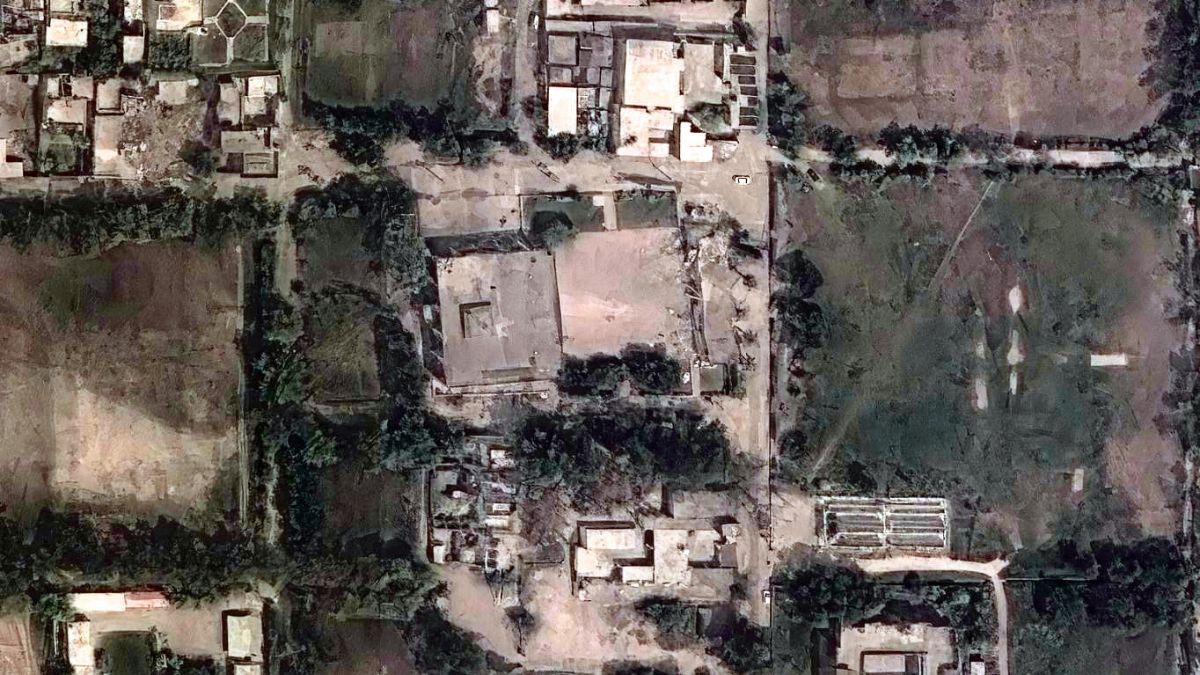)
)
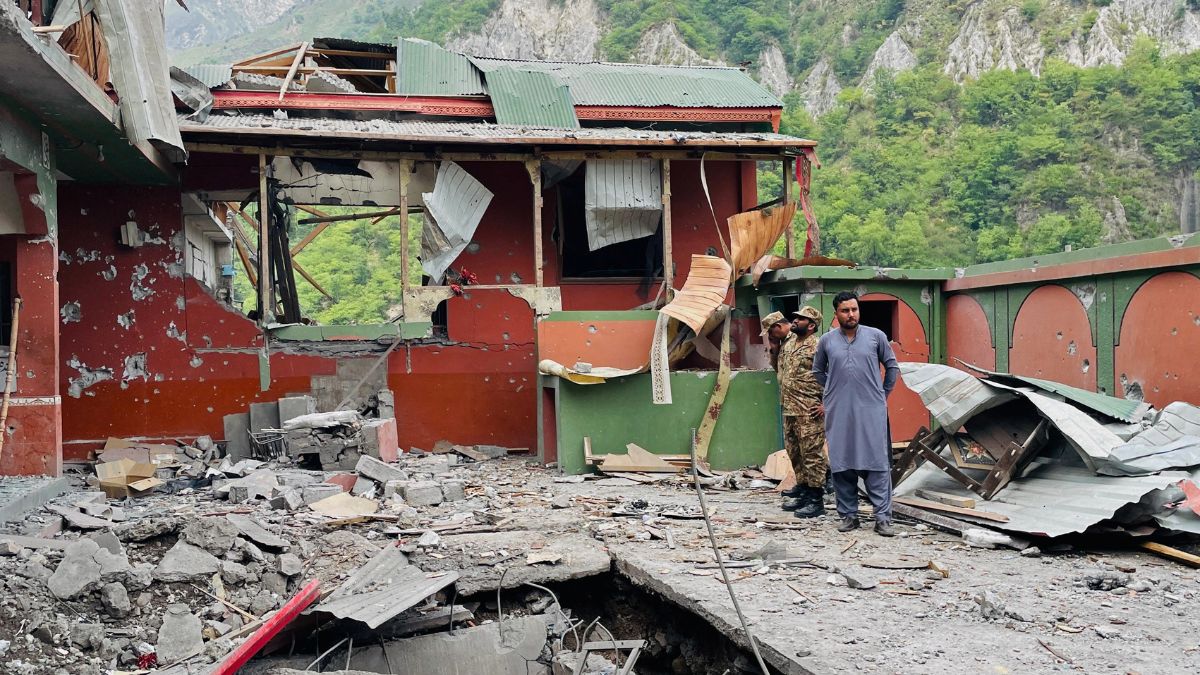)
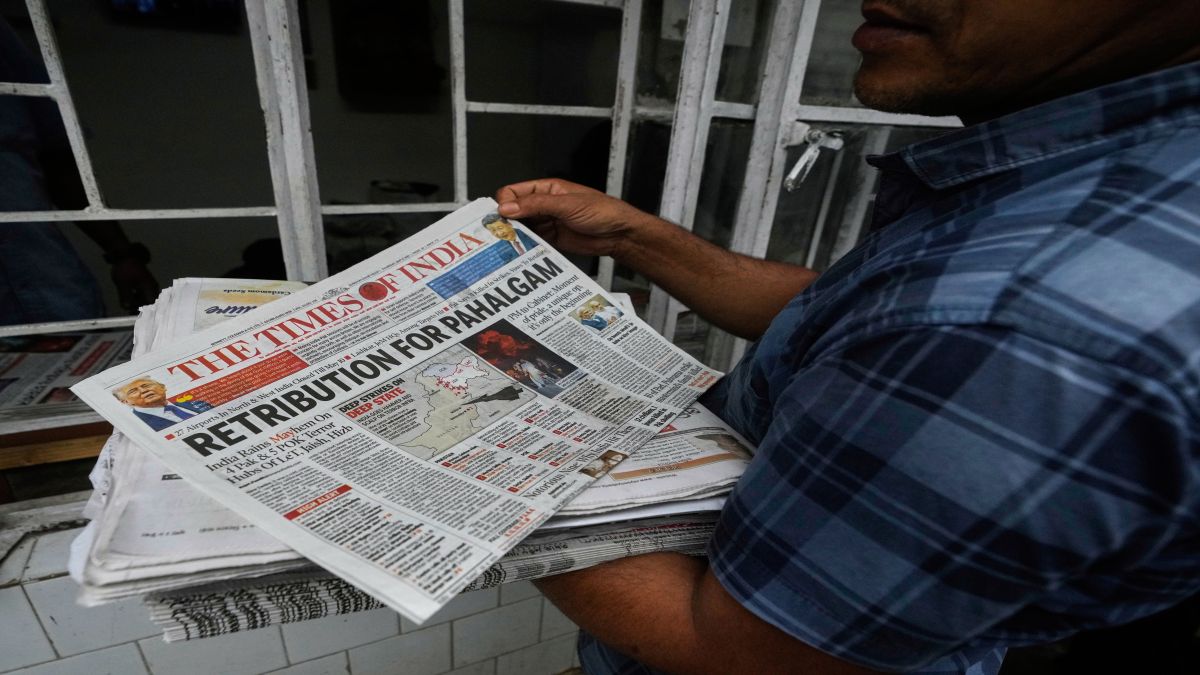)
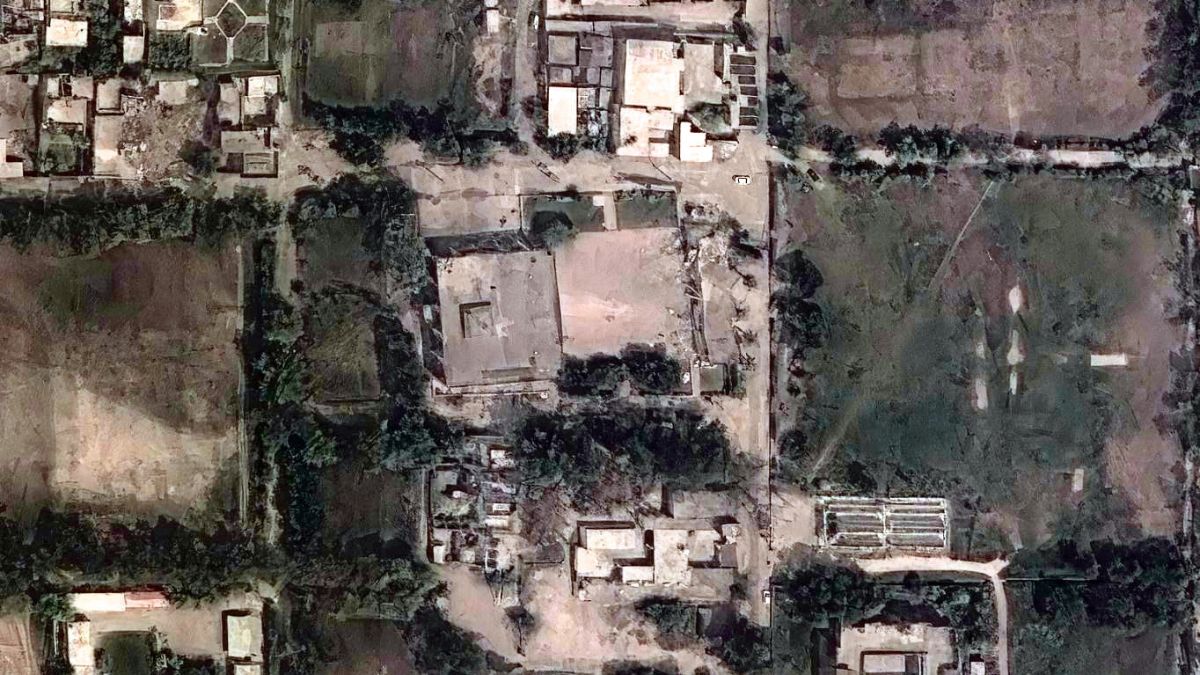)
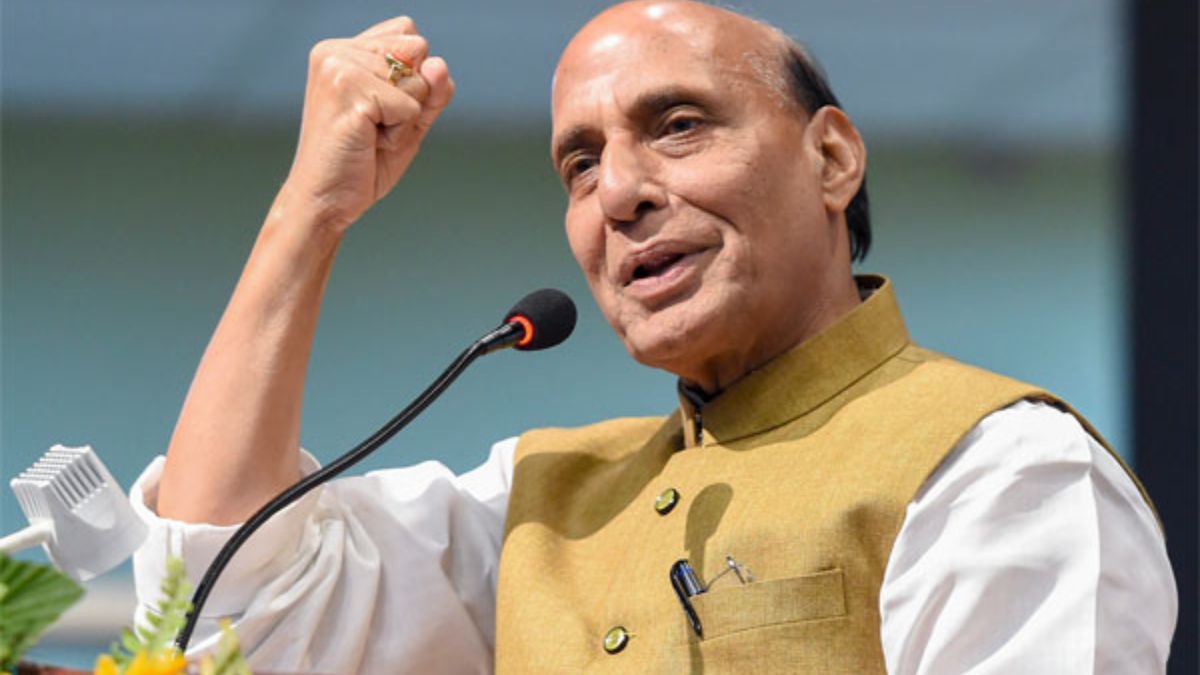)
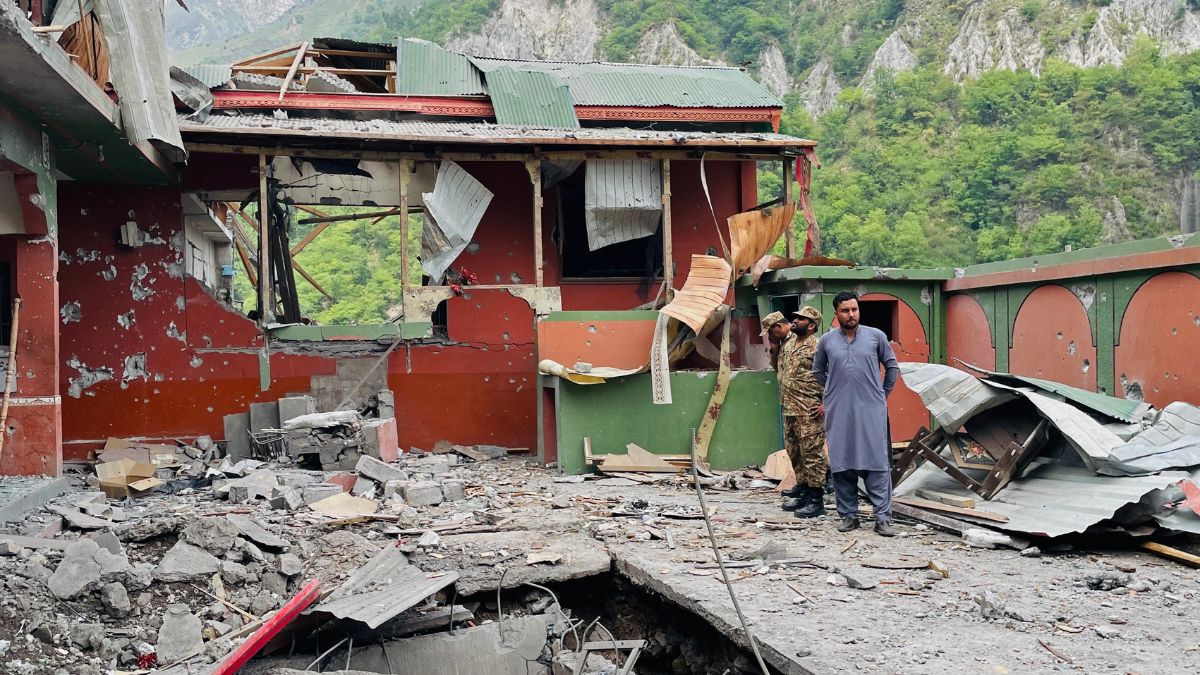)
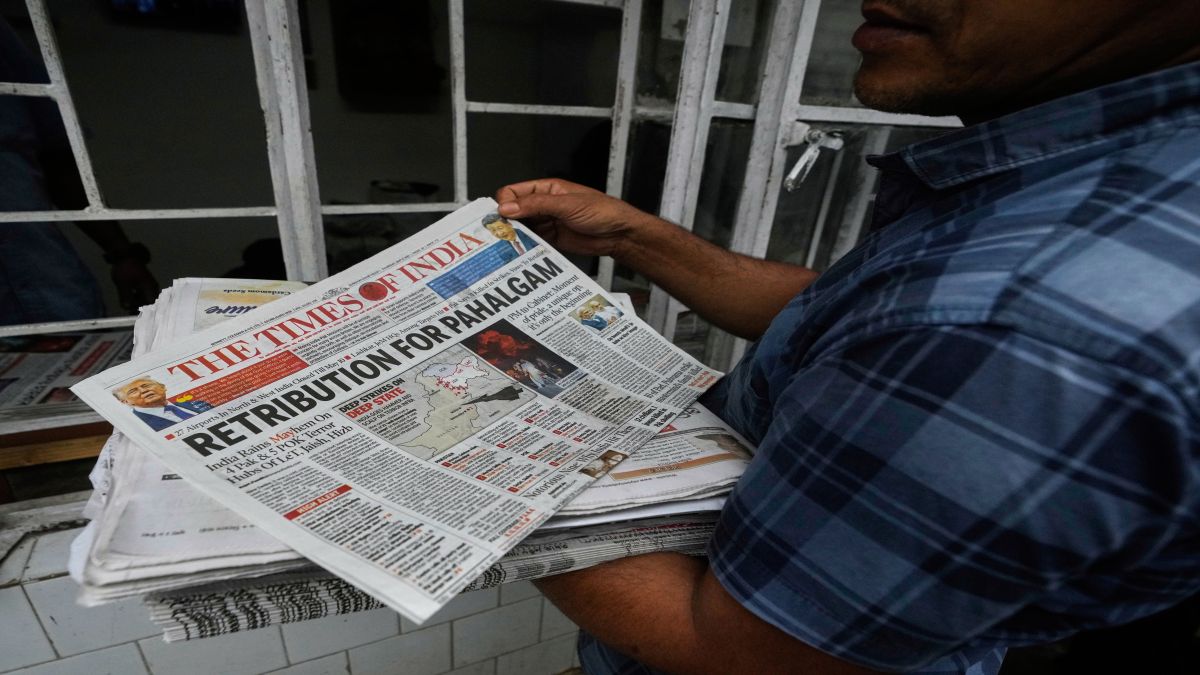)